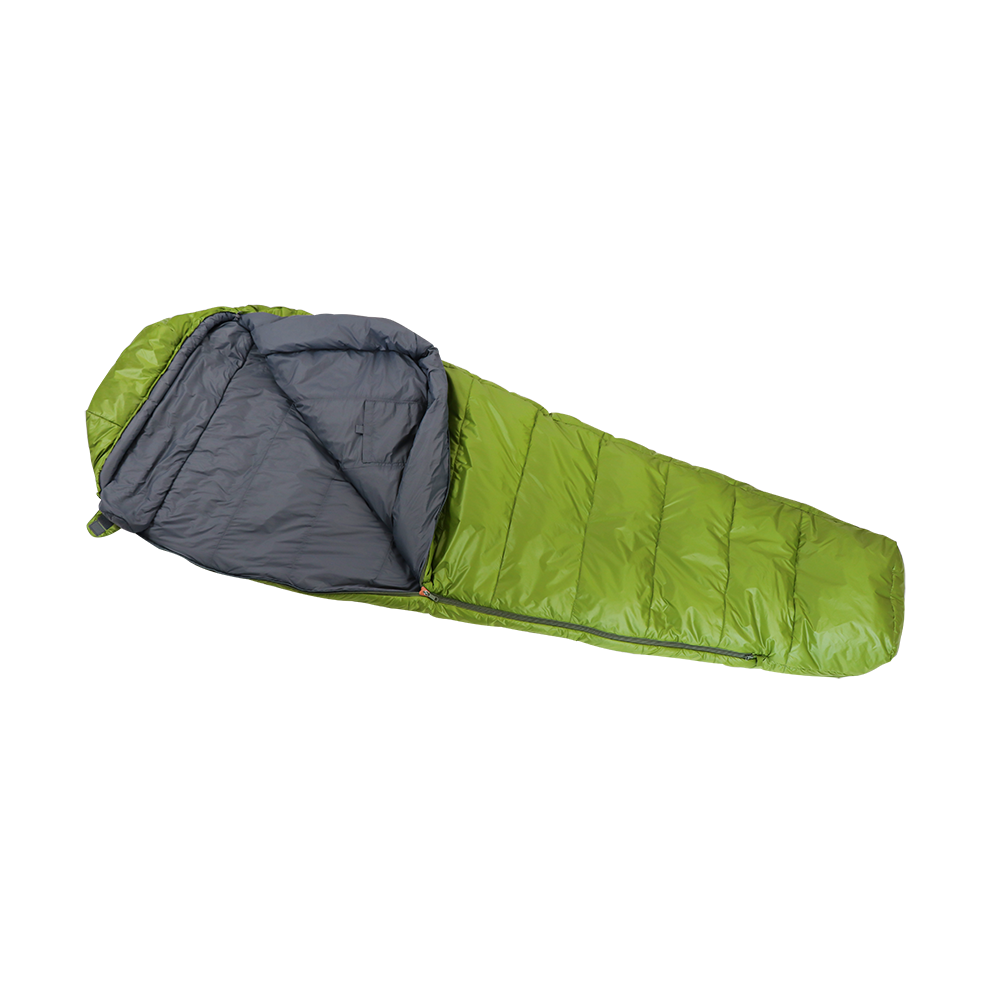
Nov . 05, 2024 15:06 Back to list
best livestock wire fence product
The Best Livestock Wire Fence A Comprehensive Guide
When it comes to managing livestock, securing their environment is paramount. A reliable livestock wire fence not only keeps your animals safe but also enhances the overall efficiency of your farming operations. In this guide, we will explore the best livestock wire fence products available on the market and discuss the critical factors to consider when choosing the right type for your needs.
Importance of Choosing the Right Wire Fence
A high-quality wire fence serves multiple purposes it protects your livestock from predators, prevents them from straying onto roads, and ensures that your pasture remains intact. The right fencing can also minimize the risk of disease transmission by controlling the movement of animals. With a variety of options available, understanding the features and benefits of each type of wire fence is essential to making an informed decision.
Types of Livestock Wire Fences
1. Barbed Wire Fencing This is popular for ranches and larger properties. Barbed wire fences consist of sharp barbs spaced along the wire, discouraging livestock from pushing through. They are durable and relatively inexpensive, making them a great option for boundary fencing. However, barbed wire can inflict injuries if animals accidentally get caught.
2. High-Tensile Wire Fencing High-tensile wire is stronger and more tensioned than traditional wire, making it ideal for larger livestock. This type of fence can withstand considerable impact and is less likely to sag over time. Though it requires proper installation and tools for tensioning, the investment pays off in longevity and maintenance-free performance.
3. Field Fencing Also known as woven wire fencing, field fencing is designed with vertical and horizontal wires woven together to create a grid. This type of fence is effective for smaller livestock like sheep and goats, as it prevents them from escaping while keeping predators out. It generally does not require as much tension as barbed or high-tensile fencing.
best livestock wire fence product

4. Electric Fencing Electric fencing uses shock to deter animals from crossing boundaries. This is an excellent choice for containing more agile animals like goats and pigs. When installed correctly, electric fencing is highly effective and can cover large areas with fewer physical materials. However, maintenance is crucial to ensure the electrical current remains functional.
Key Features to Consider
- Durability Look for a wire fence that is rust-resistant and constructed from high-quality materials to withstand environmental factors over time. - Height and Spacing The height of the fence and the spacing between wires should be suitable for the type of livestock you are managing. Taller fences with tighter spacing are typically required for more agile animals.
- Ease of Installation Some fencing options come with pre-assembled sections or kits, making installation easier for the average farmer.
- Cost While budget is always a consideration, prioritizing quality over price usually results in less costly repairs and replacements in the long run.
Conclusion
Selecting the best livestock wire fence requires a careful analysis of your specific needs, and understanding the types and features available is crucial. Whether you choose barbed wire, high-tensile wire, field fencing, or electric fencing, ensure that your choice aligns with your livestock management goals. Investing in a reliable fencing solution will not only keep your animals safe but also facilitate better farm management for years to come.
-
Ultra-Light Baggu Picnic Blanket Waterproof & Foldable
NewsJul.31,2025
-
Best Waterproof Picnic Mat – Large, Durable & Portable Outdoor Rug
NewsJul.30,2025
-
Foldable Picnic Rug – Waterproof, Durable & Stylish for Outdoor Use
NewsJul.29,2025
-
Baggu Picnic Blanket - Large Waterproof Outdoor Picnic Mat & Rug
NewsJul.29,2025
-
Folding Picnic Rug - Large, Waterproof & Wipeable Mat for Outdoor Use
NewsJul.29,2025
-
Portable Picnic Mat – Lightweight, Waterproof & Easy to Carry
NewsJul.28,2025
